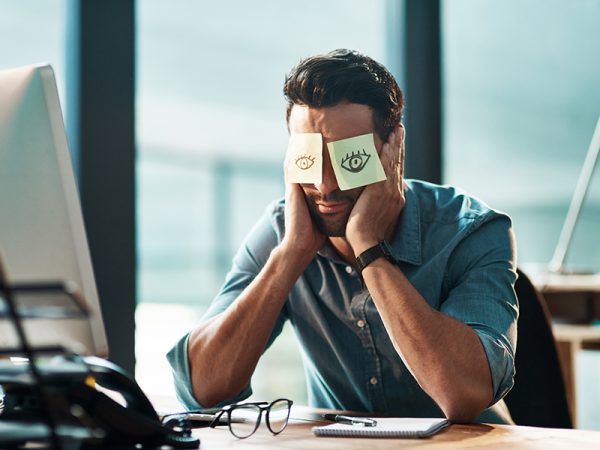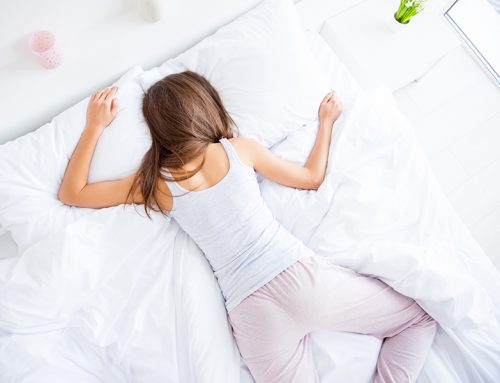 Woke up on the wrong side of the bed this morning? Or went to bed early hoping you could catch up on some zzz’s but instead feel like you lost some? The morning after a bad night’s sleep is rocky to say the least. How we long for the times when we drifted off to dreamland instantly and woke up feeling ready to take the day.
Woke up on the wrong side of the bed this morning? Or went to bed early hoping you could catch up on some zzz’s but instead feel like you lost some? The morning after a bad night’s sleep is rocky to say the least. How we long for the times when we drifted off to dreamland instantly and woke up feeling ready to take the day.
This isn’t an isolated issue; you and more than 20 million Americans suffer from intermittent sleep problems every year. Studies are starting to realize the odds of being sleep deprived has only increased in the past 30 years. With digital technology and blurred lines between work and home, it’s no surprise why. But that still doesn’t take away from the fact that we also need quality sleep. It also doesn’t expand on a number of other plausible sleep thieves.
If you’ve been robbed of sleep lately, it’s not only getting in the way of your day, it’s also risky for your overall health and wellbeing. We’ll get into the most common reasons behind a bad’s night’s sleep below. And then hopefully you can get to the bottom of it before it gets worse.
9 reasons you might be getting poor sleep
How to recover from a bad night’s sleep the morning after
If you need a simple, quick and effective refresh after a bad night’s sleep, try doing one or more of the below.
Stop yourself from hitting snooze
We know, we know—this one’s hard. When you wake up a little foggy, it might feel like just getting an extra 5, 10 or 15 minutes can help us. But, on the contrary, this will make us only feel more tired. A consistent wake-up time is necessary for our internal clock to remain aligned so that we can feel tired, go to bed and wake up naturally.
Step outside for fresh air
As soon as you wake up tired, the best thing to do is open your curtains, or better yet, step outside and get some fresh air and sunshine. Exposing your body to daylight will recharge your brain, boost your mood and naturally suppress melatonin, our body’s natural sleep hormone.
Stay hydrated
Obviously, this is something you should be doing throughout the day, but having a glass of water first thing in the morning will wake up your body from the inside out, rehydrates you from the night, flushes out toxins and improves your mental performance.
Eat well for the rest of the day
Don’t just rush to get some greasy fast food restaurant (although it feels like a great pick-me up at the moment) but instead eat some natural whole foods that can provide the boost you need and help you to feel energized for the whole day. Some great superfoods include avocado, watermelon, almonds, bananas, and kale. Put it all together in a smoothie and voilà!
Do some light exercise
This might be the last thing you want to do, but as soon as you complete a small morning workout session, you’ll instantly feel a little more awake and energized. Simply taking a walk, short jog or doing some light yoga will help.
Drink (1-2) cups of coffee
This tip should be taken in stride, because having too much coffee can have the opposite effect and give you the jitters. But it’s okay to have it in moderation when you need an immediate energy boost. According to Michael Breus, PhD, a sleep specialist in Los Angeles, “While coffee may help initially, the effects will not last. So have some to get you going, but don’t binge for the whole day.”
Take a short nap
This isn’t an excuse to lie down for hours, but a brief 15- 25 minute power nap can help restore your energy if you’re feeling lethargic and frazzled from a bad night’s sleep. In fact, this study claims that short naps can help alertness and cognitive performance.
Prioritize a good night’s sleep
Don’t take your precious sleep hours for granted; time spent sleeping is important. That’s why it’s critical to get curious about what has been stealing it, you can continue to live and thrive.





